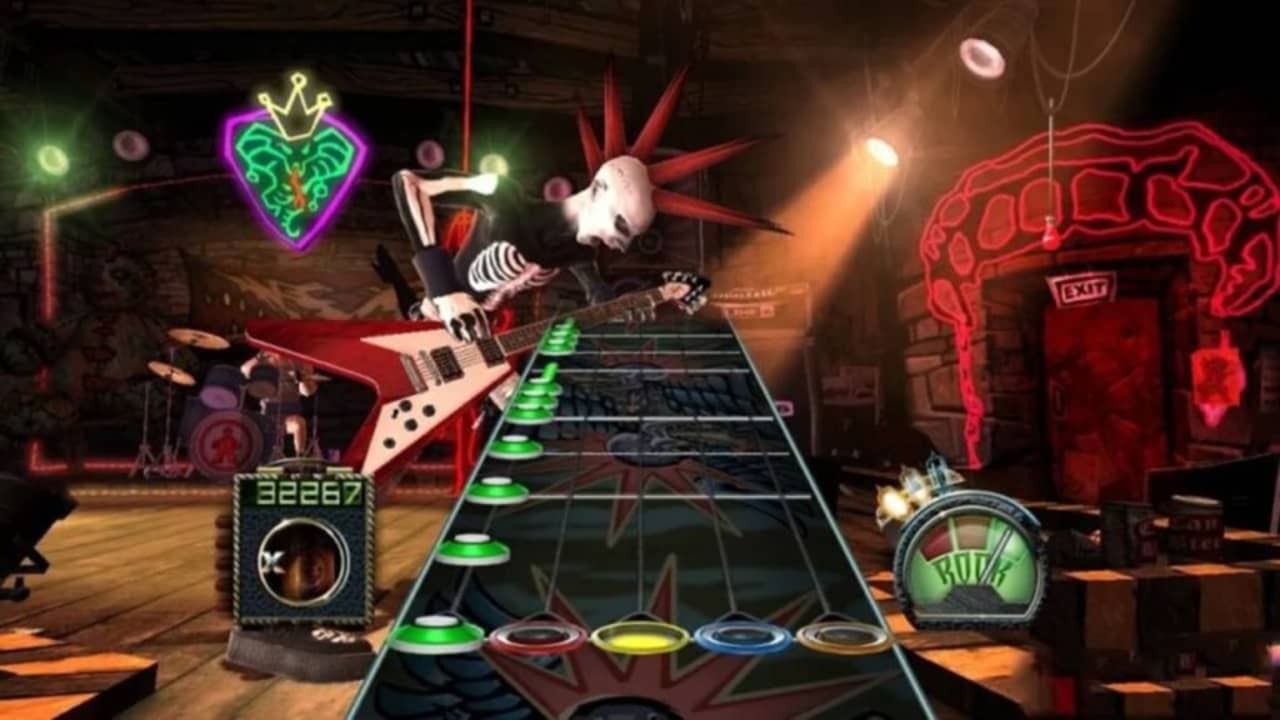The video game is full of memorable villains. Bowser, Ganondorf, Sephirot, Doctor Eggmann or Albert Wesker are names that quickly come to mind to anyone who wants to think of the worst of the worst. Of people who have made our lives miserable, brightening countless afternoons in the process. Unfortunately, in the video game industry there are also villains, much more real, who seem dedicated only to being a caricature of a human being. Among them, our favorite is probably Bobby Kotick.
Born in 1963 in the United States -we cannot give more biographical data because, in fact, he has never wanted to disclose them-, he is the CEO of Activision Blizzard since 2008, and will remain so at least until the purchase of the company by Microsoft is completed. Among many other things, Bobby Kotick is a person who has been accused and investigated for sexual harassment, since under his leadership the working environment of the company has become so toxic that a woman was harassed until she was driven to suicide, and his public statements are so controversial that, not infrequently, his words have significantly lowered the value of the company in the stock market. Bobby Kotick generates fewer problems the less he talks and the more he delegates, but to the frustration of people in his company, he has decided to talk about one of the most fashionable topics today: the use of AI.
During a conference last week Kotick has stated that he thinks AI can play a big role in video game development. Stating that AI “started with the idea of beating games, whether it was Warcraft, or Dota, or Starcraft, or Go, or chess,” he said that it has now evolved into something beyond that, into language learning models, but that it has always been a technology closely associated with video games. Thus, he believes that the use of AI “will allow us to do things that we have not been able to do in a long time”. And what’s his example? Resurrecting the Guitar Hero franchise.

Exactly how he would do that is something he hasn’t explained in terms intelligible to anyone other than Bobby Kotick. Claiming that “I’ve always had an idea of what a new Guitar Hero product could be” thanks to AIs, everything he’s said about it is a concatenation of sentences that barely make any sense on their own, much less when they try to conjure up some kind of idea. If we have to guess what he might have in mind, we can assume he means that the AI could create inputs from any song players input, without the need for programmers to create the patterns for each particular track, but since he hasn’t clarified anything at all, we don’t know what exactly he’s referring to.
What we do know is that Blizzard has patented a technology that would serve for an AI to create visual content by feeding in designs created by the company’s artists. Something that some former employees of the company have harshly criticized and that Blizzard’s own president has defended, arguing that it will be used to allow artists to focus exclusively on the valuable tasks of their production. But the problem is the same as always. If technology allows them to replace their employees, what prevents them from doing so?

If China serves as an example, its own customers. Gamers. Because recently, some of the world’s largest video game companies such as Tencent, NetEase and miHoYo decided to try to streamline their production process by using AI-generated art in their video games. This has led to fierce criticism from Chinese gamers, criticizing these publishers for creating “digital carcasses”, even leading the Chinese government to consider creating a new law requiring companies to specify whether any kind of AI has been created to create their content. Something that could deal a severe blow to anyone wanting to use AI-generated content, given the stiff opposition it generates among the public.
That’s why Bobby Kotick can play innocent and hide behind Mike Ybarra, but the reality is that it’s hard not to see that behind his passionate, if rather incoherent, defense of AIs is business as usual: a way to generate more money at the expense of his employees and consumers. That’s why we can only define him as a villain. Even as our favorite villain. Because no other villain is so transparently diabolical in the video game industry. Nor does anyone seem to have it so easy to get away with it as Bobby Kotick.
Some of the links added in the article are part of affiliate campaigns and may represent benefits for Softonic.


